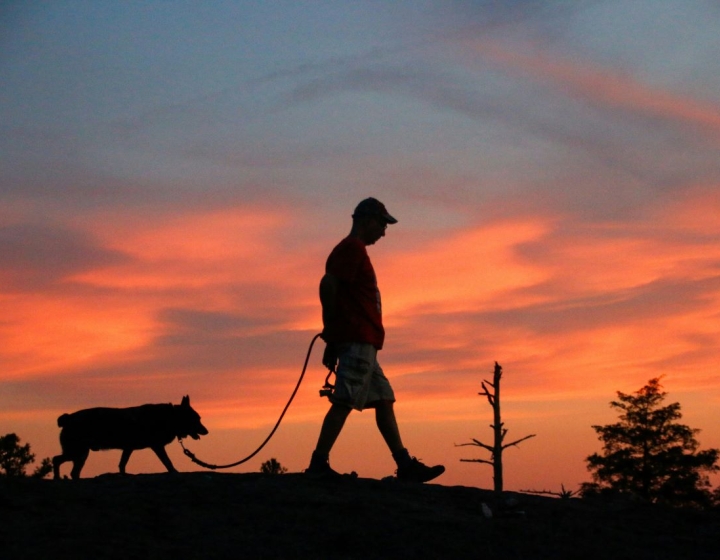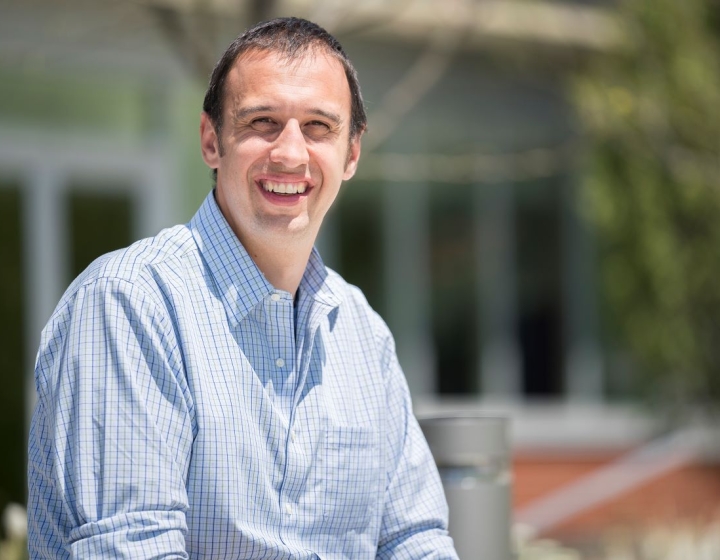Soothing fraying nerves
 The Harry M. Zweig Memorial Fund committee has selected equine surgeon Dr. Jon Cheetham as the first Zweig Research Scientist, a new position for junior faculty at Cornell’s College of Veterinary Medicine who show promise and productivity in equine research.
The Harry M. Zweig Memorial Fund committee has selected equine surgeon Dr. Jon Cheetham as the first Zweig Research Scientist, a new position for junior faculty at Cornell’s College of Veterinary Medicine who show promise and productivity in equine research.
Awarded in December 2012, the yearlong position will fund Cheetham’s research into diagnosing and treating recurrent laryngeal paralysis, commonly known as roaring. Horses with this condition have developed weakened airway nerves and muscles and cannot breathe fully during exercise. Unfound and untreated, it can quickly end a horse’s career.
Cornell’s animal hospital is currently using the fruit of Cheetam’s past roaring research to help patients.
Clinics now use the trans-esophageal ultrasound, a technique Cheetham developed to evaluate the geometry of horse’s airway muscles during rest and exercise. This technique allows clinicians to find roaring in young horses early, giving them a chance to recover.
Now Cheetham has turned his focus to improving the odds for that chance. His current project focuses on reimagining the nerve graft, a technique that takes a healthy nerve from neck muscles and puts it onto a damaged nerve to stimulate neglected muscles and help them recover.
“Nerve grafting has been around awhile, but it’s slow,” said Cheetham. “Currently you directly implant a healthy nerve into atrophied muscle, but only part of the muscle heals and it takes a long time. We’re working to develop a new, faster, better nerve graft method.”
With strong preexisting data supporting the concept, Cheetham will use his time as Zweig Research Scientist to develop a new method of enhancing nerve grafts. He has started pioneering research into extracellular matrix scaffolds, an area that has not been well explored.
“Our goal is to develop a way to manipulate the micro environment at a nerve repair site to promote healing,” said Cheetham. “I’m delighted to have this opportunity from the Zweig Fund to help expand healing options in horses suffering from roaring.”





